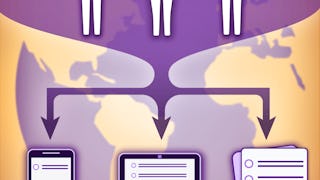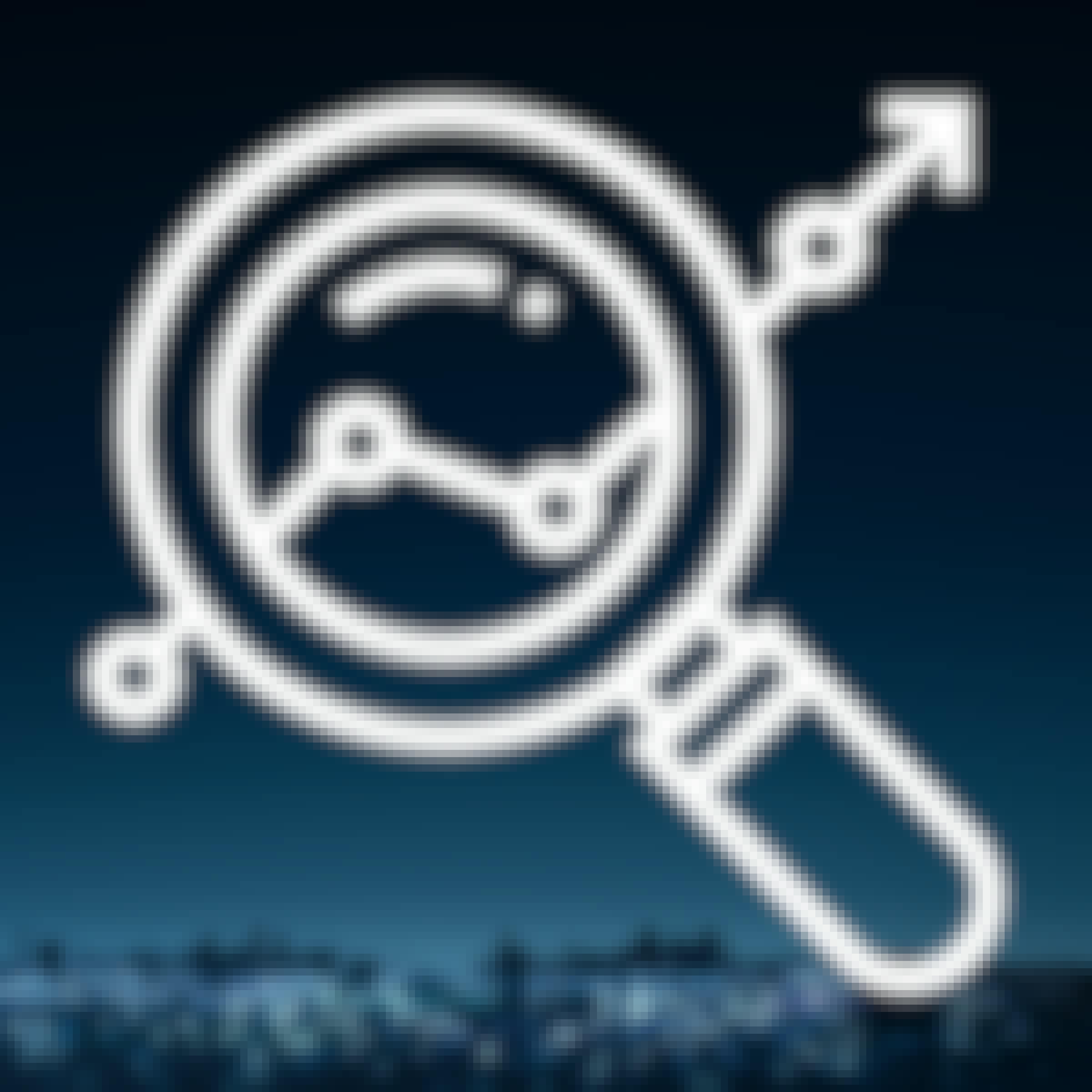Filter by
SubjectRequired
LanguageRequired
The language used throughout the course, in both instruction and assessments.
Learning ProductRequired
LevelRequired
DurationRequired
SkillsRequired
SubtitlesRequired
EducatorRequired
Explore the Population Health Course Catalog
 Status: Preview
Status: PreviewUniversiteit Leiden
Skills you'll gain: Health Disparities, Health Systems, Health Promotion, Value-Based Care, Public Health, Health Care, Health Policy, Social Determinants Of Health, Community Health, Epidemiology, Continuous Quality Improvement (CQI), Risk Analysis
 Status: Free Trial
Status: Free TrialUniversity of Houston
Skills you'll gain: Chronic Diseases, Value-Based Care, Community Health, Health Equity, Health Disparities, Public Health, Health Assessment, Social Determinants Of Health, Health Promotion, Health Systems, Health Care, Geriatrics, Health Policy, Health Education
 Status: Preview
Status: PreviewJohns Hopkins University
Skills you'll gain: Surveys, Data Collection, Epidemiology, Public Health, Health Equity, Health Informatics, Health Policy, Health Promotion, Public Health and Disease Prevention, Health Disparities, Community Health, Health Care, Research Methodologies, Health Information Management, Data Quality, Chronic Diseases, Diversity Awareness, Electronic Medical Record System
 Status: Free Trial
Status: Free TrialImperial College London
Skills you'll gain: Public Health, Health Policy, Public Health and Disease Prevention, Health Equity, Community Health, Social Determinants Of Health, Continuous Quality Improvement (CQI), Health Care, Geographic Information Systems, Research Design, Data Presentation
 Status: Preview
Status: PreviewUniversiteit Leiden
Skills you'll gain: Data Analysis, Research Design, Health Policy, Epidemiology, Statistical Analysis, Clinical Research, Biostatistics, Quantitative Research, Public Health, Health Care, Research Methodologies, Risk Analysis
 Status: Free Trial
Status: Free TrialJohns Hopkins University
Skills you'll gain: Epidemiology, Public Health, Data Presentation, Public Health and Disease Prevention, Trend Analysis, Geographic Information Systems, Health Policy, Data Visualization Software, Chronic Diseases, GIS Software, Health Systems, Infectious Diseases, Biostatistics, Risk Analysis, Investigation, Health Care, Health Disparities, Community Health, Data Analysis, Statistics
What brings you to Coursera today?
 Status: Free Trial
Status: Free TrialImperial College London
Skills you'll gain: Health Technology, Data Visualization Software, Telehealth, Agile Methodology, Interactive Data Visualization, Patient Evaluation, Health Disparities, Health Informatics, Health Care, Health Systems, Electronic Medical Record, Interoperability, Public Health, Health Policy, Tableau Software, Information Management, Digital Transformation, User Centered Design, Technology Strategies, Medical Privacy
 Status: Preview
Status: PreviewUniversiteit Leiden
Skills you'll gain: Statistical Inference, Statistical Hypothesis Testing, Regression Analysis, R Programming, Data Analysis, Descriptive Statistics, Statistical Methods, Probability & Statistics, Data Ethics, Data Collection, Exploratory Data Analysis, Statistical Modeling, Data Cleansing, Data Security
 Status: Preview
Status: PreviewUniversiteit Leiden
Skills you'll gain: Care Management, Patient-centered Care, Health Care, Public Health, Preventative Care, Chronic Diseases, Continuous Quality Improvement (CQI), Data Quality, Risk Analysis
 Status: Preview
Status: PreviewUniversiteit Leiden
Skills you'll gain: Predictive Analytics, Predictive Modeling, Risk Modeling, R Programming, Advanced Analytics, Preventative Care, Health Informatics, Statistical Modeling, Sample Size Determination, Statistical Inference, Regression Analysis, Statistical Machine Learning, Data Validation
 Status: Preview
Status: PreviewUniversiteit Leiden
Skills you'll gain: Health Systems, Health Care Administration, Governance, Health Care, Health Policy, Health Disparities, Health Equity, Clinical Leadership, Social Network Analysis, Social Determinants Of Health, Preventative Care, Public Health and Disease Prevention, Community Health, Continuous Quality Improvement (CQI)
 Status: Free Trial
Status: Free TrialUniversity of Michigan
Skills you'll gain: Health Disparities, Health Equity, Social Determinants Of Health, Community Health, Public Health, Health Policy, Health Promotion, Health Assessment, Social Justice, Economics, Policy, and Social Studies, Epidemiology, Socioeconomics, Health Systems, Cultural Responsiveness, Stress Management, Health Care, Mental and Behavioral Health, Data Collection, Preventative Care, Diversity Equity and Inclusion Initiatives
Population Health learners also search
In summary, here are 10 of our most popular population health courses
- Population Health: Fundamentals of Population Health Management: Universiteit Leiden
- Value-Based Care: Population Health: University of Houston
- Emerging Approaches for Measuring Population Health: Johns Hopkins University
- Quality Improvement for Population Health: Imperial College London
- Population Health: Study Design: Universiteit Leiden
- Epidemiology in Public Health Practice: Johns Hopkins University
- Digital Health: Imperial College London
- Population Health: Responsible Data Analysis: Universiteit Leiden
- Population Health: Panel Management Next Level: Universiteit Leiden
- Population Health: Predictive Analytics: Universiteit Leiden










